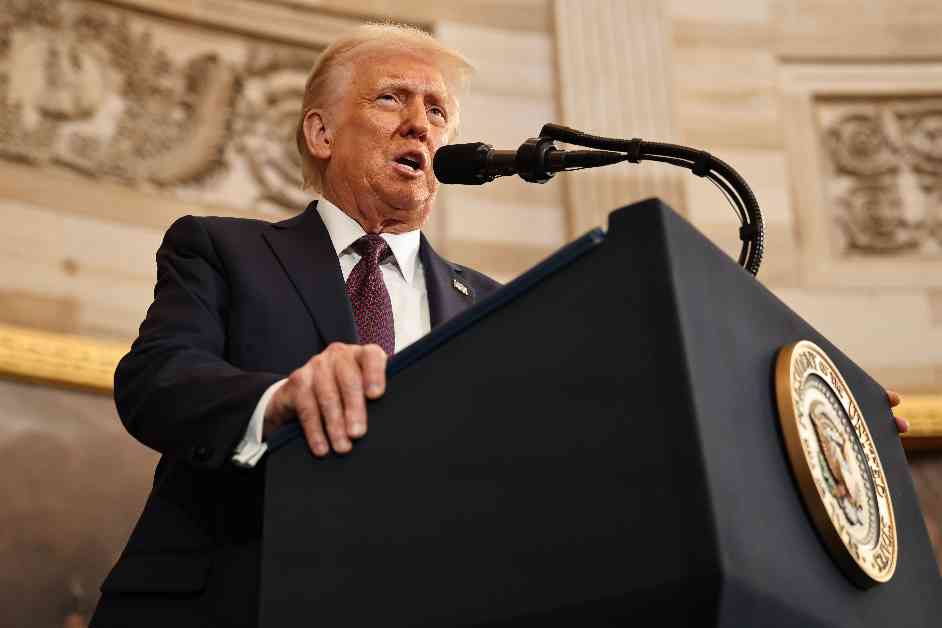In January, after Donald Trump’s inauguration, reports surfaced indicating that U.S.-based cryptocurrencies might be exempt from capital gains tax, with non-U.S. based cryptocurrencies facing a 30% tax. The potential elimination of capital gains taxes on U.S.-based cryptocurrencies may seem like a lucrative opportunity for American investors, but there are underlying risks that could impact the global crypto industry.
Market Turbulence on the Horizon
If this proposed rule is approved and put into action, brace yourself for potential market volatility. U.S. investors may opt to sell off non-U.S. cryptos, absorb the tax implications, and redirect capital into domestic alternatives. This shift could heighten selling pressure on international projects, particularly those with significant exposure to U.S. investors. However, the repercussions extend beyond mere market fluctuations, potentially altering the trajectory of the entire crypto sector.
The Dangers of Acting Hastily
Implementing this tax exemption for crypto investments prior to establishing robust regulations could prove detrimental. The absence of taxes on crypto investments might spark a surge in new U.S.-based cryptocurrencies, reminiscent of the 2017 Initial Coin Offering (ICO) frenzy, where a majority of projects failed or turned out to be fraudulent within a short timeframe. Without clear regulatory guidance, we risk encountering a similar upheaval on a much larger scale. While the allure of tax benefits could entice novice U.S. retail investors to venture into crypto, the presence of bad actors could exploit them, potentially driving these newcomers away from the industry altogether.
Implications for the Global Crypto Landscape
Although the U.S. hosts prominent crypto projects like Cardano (ADA), Solana (SOL), XRP (XRP), and Hedera (HBAR), it has also served as a breeding ground for scam tokens. The proliferation of fake crypto tokens, as highlighted by a 2024 FBI warning, underscores the vulnerabilities within the U.S. crypto ecosystem. Moreover, the shift towards tax-free returns on local token allocations could divert funding from global crypto startups, particularly impacting emerging markets reliant on crypto for financial inclusion. This move might prompt U.S. firms that previously relocated due to stringent SEC regulations under the Biden administration to return home.
While countries like the UAE and Cayman Islands have already embraced zero capital gains tax on crypto, applying it universally rather than selectively, the U.S. adopting a similar approach could lead to unintended consequences. A surge in token creation, increased trading fragmentation, and diminished liquidity are potential outcomes if other nations follow suit. This could disrupt the market dynamics and impede the growth of legitimate crypto projects.
In Conclusion
The U.S. government’s potential shift towards zero capital gains tax on crypto investments carries significant implications for the industry. While it may initially appear as a tax incentive, the long-term consequences could include market distortion, the proliferation of fraudulent schemes, and the isolation of American investors from the global crypto economy. This move underscores the importance of striking a balance between incentivizing innovation and safeguarding investors from potential risks.
Robin Singh, the founder and CEO of Koinly, a crypto tax platform, emphasizes the need for a comprehensive approach to crypto regulations. With a background in finance and accounting, Singh’s insights shed light on the complexities of tax policies in the crypto sphere. As the industry navigates these uncharted waters, stakeholders must remain vigilant to mitigate risks and foster sustainable growth in the evolving landscape of digital assets.

















